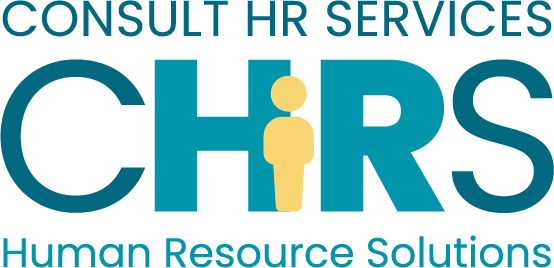
The HR Mistake That Could Sink Your Small Business: Inadequate Documentation
As a small business owner, it’s tempting to handle employee issues with a quick chat or mental note. But when it comes to HR, verbal doesn’t cut it. If you’re not documenting — you’re not protecting your business.
Why HR Documentation Matters More Than You Think
Failing to document employee actions, feedback, and incidents can lead to:
- Legal exposure: In a dispute, your memory won’t stand up in court — but written records will.
- Inconsistent discipline: Without documentation, it’s nearly impossible to show that you’re treating employees fairly and consistently.
- Missed performance trends: You can’t track improvement (or decline) if you don’t keep a record of performance discussions.
What Every Small Business Should Document
You don’t need a massive HR department to stay compliant. Just focus on:
- Performance reviews and coaching notes
- Verbal and written warnings
- Policy violations and workplace incidents
- Training sessions and employee acknowledgements
Documentation Best Practices (That Won’t Slow You Down)
- Be timely: Document events while they’re fresh.
- Be objective: Stick to facts, not feelings.
- Be Consistent: Apply the same process to every employee.
- Be secure: Use a digital system or locked file storage – and back it up.
How CHRS Can Help You Get It Right
At Consult HR Services, we teach small business leaders how to document like pros — clearly, legally, and efficiently. Whether you need templates, training, or a full HR process overhaul, we’re here to make it easy (and compliant).
Protect your business. Empower your team. Start documenting today.

